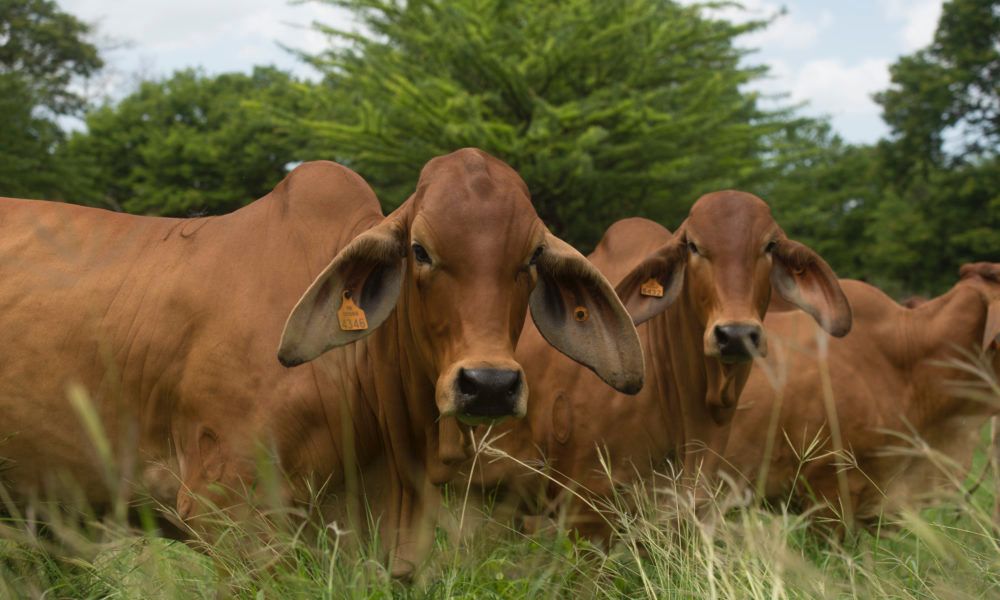
Ranchers dispute the allegations of the film “Patrullaje” (Patrol) accusing them of environmental destruction within Nicaragua’s jungle reserves. Cattle raising associations fear the film could influence the U.S. market to prohibit beef imports from the country.
HAVANA TIMES – In the last several weeks, a new documentary has focused the attention of film buffs on Nicaragua: not its armed conflicts, but the destruction of the Indio Maiz biodiversity reserve and the risk faced by the indigenous people who inhabit the area. However, while the documentary film reaps international awards, the ranchers – the “bad guys” of the movie who appear as the cause of the destruction – assure the accusation is false. They call the work biased because it didn’t include their version. Some even feel that the film’s real objective is to destroy the cattle industry, one of the pillars of the national economy.
Leaders of Nicaraguan rancher organizations, who asked to remain anonymous for fear of reprisals, claim the documentary film Patullaje [“Patrol”], produced by Nicaraguan filmmaker Camilo de Castro Belli, presents a real problem, but a biased vision. According to these sources, it only portrays one face of the problem, without including the perspective or validation of any of the 135 thousand ranchers scattered throughout the country.
Camilo de Castro rejects this assertion, recalling that one of the protagonists of the documentary is a rancher living inside the reserve area. In addition, he says, he interviewed two leaders of the agricultural sector: Michael Healy (since deceased) who at the time of filming was president of the Nicaraguan Agricultural Producers’ Association; and Alvaro Vargas who led the Federation of Associated Nicaraguan Ranchers.
Filmmaker denies hidden agenda
Leaders of international ranchers’ organizations who are outside the country believe the documentary is aimed at shining a spotlight on a popular current topic, in order to win awards and gain visibility. In their view, the film’s producers wanted to get access to the abundant resources currently available to projects focused on the planet’s environmental deterioration. They also don’t discount the possibility of political interests.
Leaders of international ranchers’ organizations fear that the reaction the documentary is causing, especially in the United States, could cause that country to close its doors to Nicaraguan beef and other cattle products. Further, the Nicaraguan government’s lack of a response to the threat of losing that market has led some international cattle-raising leaders to suspect that, given the distancing that arose in 2018 between the government and the large business sector, there may be interests at work there too, to destroy the sector.
The regime could reap an advantage, since they’re known to have economic interests in the different links along the chain of this industry, which is one of the country’s most important economic pillars. According to reports from the Nicaraguan Central Bank, in 2023, the livestock sector exported US $966.25 million dollars in beef and dairy product sales. Of these exports, 36%, with a value of US $350.84 million, went to the US market.
Camilo de Castro denies that the driving force of the documentary was to close the US market to Nicaraguan beef, although in some interviews he’s admitted meeting with beef importers to speak about the situation. De Castro clarifies that he didn’t ask for the closure of the markets in these interviews, as the cattle raising sector alleges.
Meetings with importers
“In all the spaces we’ve participated in, including the meeting with Northwestern Meat Inc. in Miami, we’ve spoken about the problems of the National Cattle Tracing System, and offered concrete proposals for solving the problem of illegal cattle raising. We’ve never asked for the closure of the US market,” De Castro assures.
The filmmaker admits that the presence of cattle in the Indio Maiz Reserve is minimal, accounting for some 30,000 head of cattle, in comparison with a national herd that su


